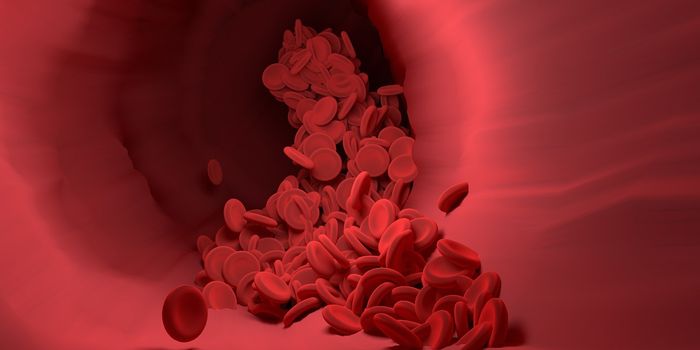Exercise Gives the Brain a Short-Term Burst
A new study published in the International Journal of Behavioral Nutrition and Physical Activity suggests that the short-term brain boost caused by exercise may last 24 hours. While previous studies have shown that exercise may provide short-term cognitive benefits, the duration of these benefits had not been previously determined.
The study included 76 healthy adults between the ages of 50 and 83 years. The participants wore accelerometers for eight days and took daily cognitive tests to measure functions such as attention, memory, and processing speed. Sedentary behavior, light physical activity, moderate-to-vigorous physical activity, and sleep characteristics were measured using the accelerometers. The goal of the study was to see how exercise and sleep effect cognition on the day after exercise.
The results showed that more moderate-to-vigorous physical activity was associated with better results on memory tests the next day. Additionally, more deep sleep was associated with better memory test results. Less time spent in sedentary behavior and getting six or more hours of sleep were also both associated with better memory test results the following day.
The authors noted that their results suggest that the cognitive benefits of physical activity may last longer than previously thought. Moderate-to-vigorous physical activity can be anything that gets your heart rate up, such as walking up stairs or brisk walking. These activities can be beneficial for both the brain and the heart; previous research has linked moderate-to-vigorous exercise to a range of health benefits, such as a longer lifespan and lower rates of obesity. Additionally, sleep has been previously linked to benefits for both the brain and the heart. A combination of regular exercise and high-quality sleep is likely to improve heart health, brain health, and longevity for most people.
Sources: International Journal of Behavioral Nutrition and Physical Activity, Science Daily








